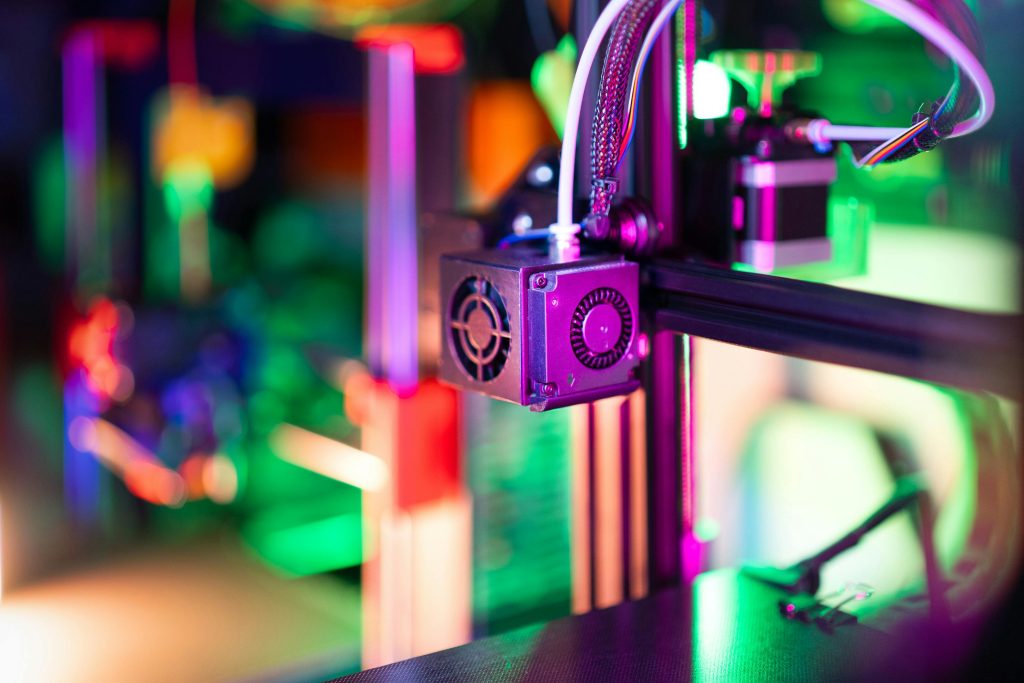The world of industrial measurements is undergoing a seismic shift, driven by advancements in metrology. As industries strive for greater precision, efficiency, and reliability, metrology—the science of measurement—has emerged as a cornerstone of modern manufacturing and supply chain management. This article explores how innovations in metrology are revolutionizing industrial measurements, addressing global supply chain challenges, and shaping the future of global supply chains.
The Evolving Landscape of Global Supply Chains
Global supply chains have become increasingly complex, with businesses sourcing materials, components, and products from across the globe. This complexity has been further exacerbated by geopolitical tensions, pandemics, and environmental concerns. In this context, the need for precise and reliable measurements has never been more critical.
The Role of Metrology in Supply Chain Management
Metrology plays a pivotal role in ensuring the quality and consistency of products throughout the supply chain. From raw material inspection to final product verification, accurate measurements are essential for maintaining standards and meeting regulatory requirements. Innovations in metrology are enabling businesses to achieve unprecedented levels of precision, thereby enhancing product quality and reducing waste.

Addressing Global Supply Chain Challenges
The global supply chain faces numerous challenges, including delays, disruptions, and quality control issues. Advanced metrology solutions are helping businesses overcome these challenges by providing real-time data and insights. For instance, 3D scanning and laser measurement technologies allow for rapid and accurate inspection of components, reducing the time required for quality checks and minimizing the risk of defects.
Moreover, the integration of metrology with digital technologies such as the Internet of Things (IoT) and artificial intelligence (AI) is enabling predictive maintenance and quality control. By analyzing data from sensors embedded in manufacturing equipment, businesses can identify potential issues before they escalate, ensuring smoother operations and fewer disruptions.

The Future of Global Supply Chains: A Metrology-Driven Approach
As we look to the future, it is clear that metrology will continue to play a crucial role in shaping global supply chains. The adoption of Industry 4.0 technologies, which emphasize automation, data exchange, and smart manufacturing, is driving the demand for more sophisticated measurement techniques.
Smart Factories and Digital Twins
One of the most promising developments in this space is the concept of smart factories, where every aspect of the manufacturing process is monitored and controlled in real-time. Digital twins virtual replicas of physical assets are being used to simulate and optimize production processes, with metrology providing the precise measurements needed to create accurate models.
By leveraging digital twins, businesses can test different scenarios and identify potential bottlenecks before they occur. This not only improves efficiency but also enhances flexibility, allowing companies to respond quickly to changing market demands.

Sustainable Supply Chains
Sustainability is another key focus area for the future of global supply chains. As consumers and regulators demand more environmentally friendly products, businesses are under pressure to reduce their carbon footprint and minimize waste. Metrology is playing a vital role in this transition by enabling more precise control over manufacturing processes.
For example, advanced measurement techniques are being used to optimize material usage, reducing scrap and conserving resources. Additionally, metrology is helping businesses monitor and reduce emissions, ensuring compliance with environmental regulations.

The Role of AI and Machine Learning
Artificial intelligence and machine learning are set to revolutionize metrology and supply chain management. These technologies can analyze vast amounts of data to identify patterns and trends, providing valuable insights that can inform decision-making.
In the context of metrology, AI-powered systems can automatically detect anomalies in measurement data, flagging potential issues before they impact product quality. This not only improves accuracy but also reduces the need for manual intervention, freeing up resources for other tasks.

Conclusion
Innovations in metrology are transforming industrial measurements and reshaping global supply chains. By enabling greater precision, efficiency, and sustainability, these advancements are helping businesses navigate the complexities of modern supply chain management. As we move towards a more connected and automated future, the role of metrology will only continue to grow, driving innovation and ensuring the resilience of global supply chains.
References
- “The Role of Metrology in Industry 4.0,” International Journal of Advanced Manufacturing Technology, https://www.ijamt.com/metrology-industry-4.0
- “Digital Twins and Smart Factories: The Future of Manufacturing,” Manufacturing Today, https://www.manufacturingtoday.com/digital-twins-smart-factories
- “AI and Machine Learning in Metrology,” Journal of Precision Engineering, https://www.jpe.com/ai-machine-learning-metrology
- “Sustainable Manufacturing: The Role of Metrology,” Green Manufacturing Journal, https://www.greenmanufacturingjournal.com/sustainable-metrology